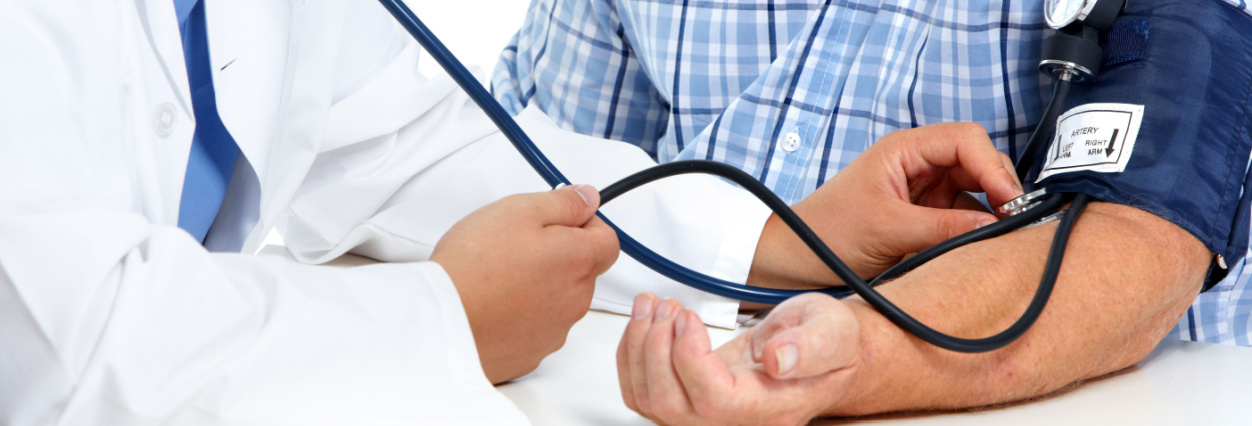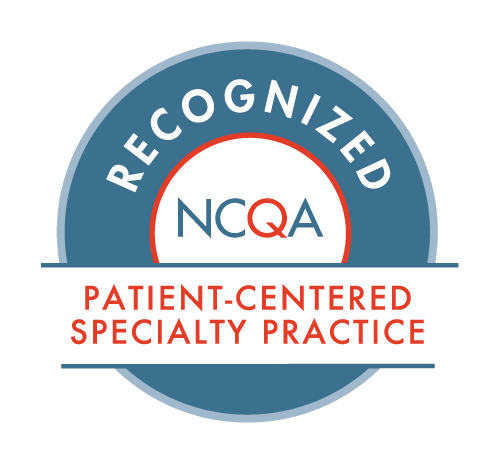What Is High Blood Pressure?
- Posted on: Nov 20 2023
High blood pressure, also known as hypertension, is an extremely common medical condition. In fact, the odds are that you either know someone who has high blood pressure, or you have the condition yourself. Understanding more about high blood pressure and how to manage it can help keep you healthy over the long term.
What Is High Blood Pressure?
High blood pressure is a condition of chronically elevated pressure within the blood vessel network of your body. Periodic blood pressure spikes are healthy and normal—particularly when they occur within the context of physical activity or exercise. However, having consistently elevated blood pressure can cause damage to your blood vessels over time and put you at risk of heart attack or stroke.
Medical providers use certain criteria to diagnose high blood pressure. Two numbers are evaluated: the pressure in your blood vessels at its highest point (systolic pressure) and the lowest point (diastolic).
- Normal blood pressure is less than 120 mmHg systolic and less than 80 mmHg diastolic
- Elevated blood pressure is a systolic level of 120 to 129 mmHg and diastolic less than 80 mmHg
- High blood pressure Stage 1 is a systolic level of 130 to 139 mmHg or a diastolic level of 80 to 99 mmHg
- High blood pressure Stage 2 is a systolic level greater than 140 mmHg or a diastolic level greater than 90 mmHg
What Causes High Blood Pressure?
In the vast majority of cases, high blood pressure is known as “essential hypertension,” which has no specific cause. However, there are a number of risk factors for developing essential hypertension, such as:
- Smoking
- Decreased physical activity
- Increased body weight
- Suboptimal diet
- Increased stress
- Age greater than 65 years old
- Excess caffeine or alcohol use
- Family history of hypertension.
Sometimes, there is a specific cause of hypertension. This is known as “secondary hypertension,” and it can be caused by factors such as a problem with the kidneys, the adrenal glands, the structure of the blood vessels themselves, or certain kinds of tumors.
What Are High Blood Pressure Symptoms?
One of the trickiest things about high blood pressure is that it is often asymptomatic, especially in the early phases. You may have no symptoms at all until your blood pressure becomes extremely high. Symptoms of extremely high blood pressure include headache, visual problems, chest pain, shortness of breath, or problems with urination.
Is There a High Blood Pressure Diet?
Yes—many experts recommend a DASH (Dietary Approaches to Stop Hypertension) diet, which includes foods high in fiber, low-fat dairy products, fish, lean meats, and legumes. However, before making any lifestyle changes, it’s important to first be evaluated by a cardiologist.
When Is High Blood Pressure Medication Necessary?
Medication for high blood pressure may be necessary if your blood pressure isn’t improving sufficiently after changing your diet and exercise patterns. Medications can help keep your condition well-controlled to avoid the long-term effects of chronically elevated blood pressure.
Hunterdon Cardiovascular Associates (HCA) is committed to providing the highest quality of care in a patient-centered environment. Our offices are conveniently located in Flemington, Clinton, and Bridgewater, and we also have subspecialty clinics available. To make an appointment with one of our cardiologists, please contact us today.
Posted in: Uncategorized



